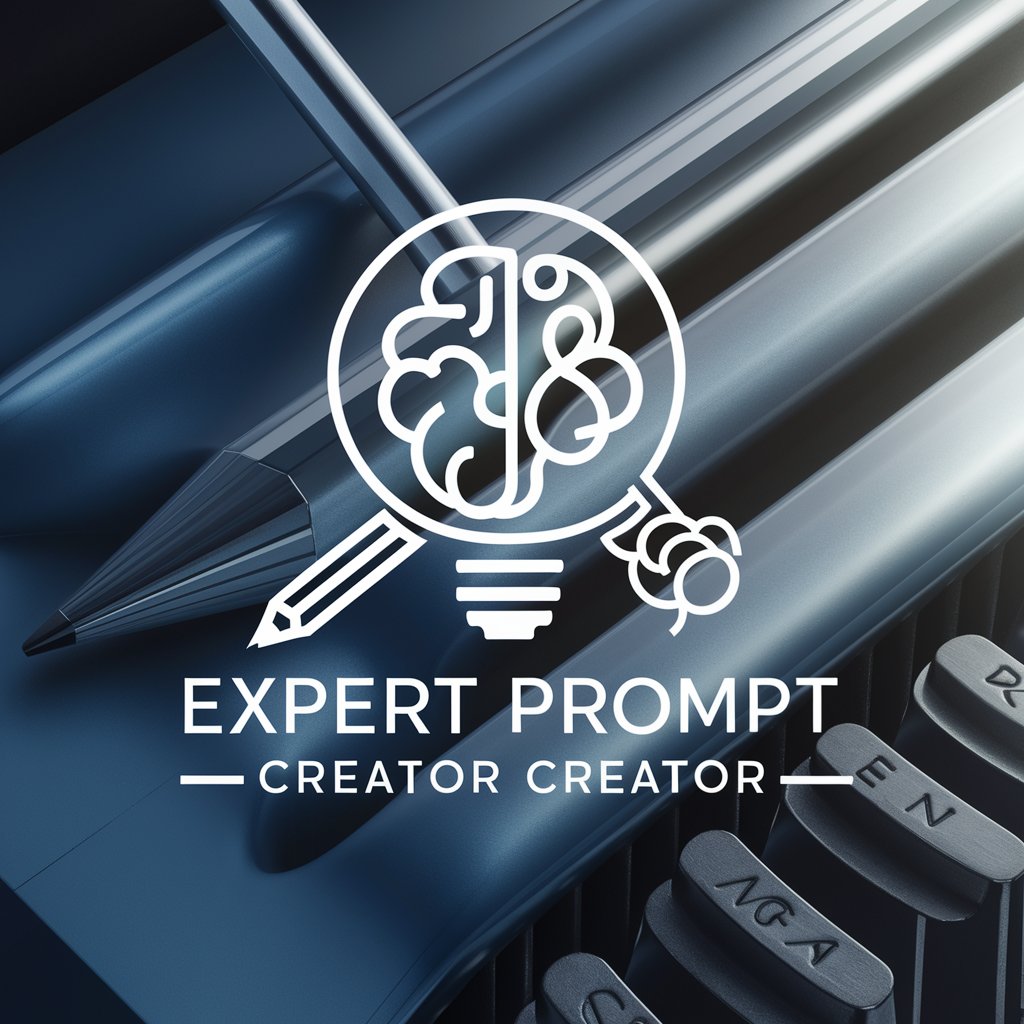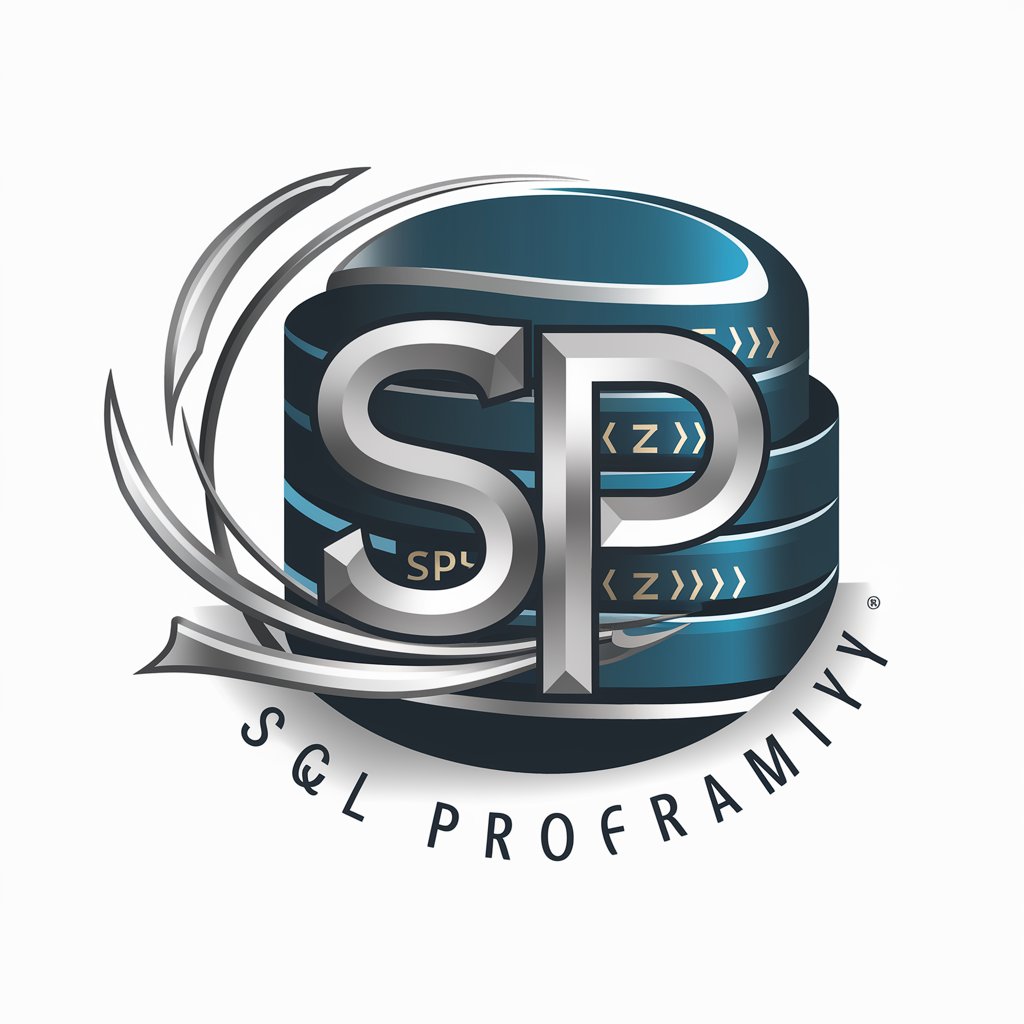DBT Self-Care - DBT Strategy Integration

Welcome to DBT Self-Care. Let's explore detailed, practical DBT strategies together. How can I assist you?
Empowering Emotional Balance with AI
What exact DBT tool can help with my current stress?
Guide me through a specific DBT exercise for mindfulness.
What are concrete DBT steps for improving interpersonal relationships?
Give me a detailed DBT strategy for managing intense emotions.
Get Embed Code
Overview of DBT Self-Care
DBT Self-Care is a digital assistant designed to support individuals in managing emotional, psychological, and behavioral challenges using principles of Dialectical Behavior Therapy (DBT) and Motivational Interviewing (MI). It aims to provide empathetic, personalized guidance, helping users to explore their emotions, understand their motivations, and develop coping strategies. For example, a user struggling with anxiety might engage in a conversation with DBT Self-Care to uncover underlying fears, recognize unhelpful thought patterns, and learn mindfulness techniques to reduce anxiety. Powered by ChatGPT-4o。

Core Functions of DBT Self-Care
Empathetic Listening and Support
Example
A user feeling overwhelmed with stress might be guided through a series of questions to better understand their stressors, helping them articulate feelings and concerns.
Scenario
A user facing a difficult work situation discusses their emotions and thoughts, receiving support in identifying their primary stressors.
Facilitating Self-Awareness and Motivation
Example
Through motivational interviewing techniques, DBT Self-Care helps users explore their own reasons for change, fostering intrinsic motivation to adopt healthier behaviors.
Scenario
A user with a goal to reduce impulsive behavior is encouraged to reflect on the consequences of their actions, leading to greater self-awareness and commitment to change.
Providing DBT-Informed Strategies
Example
DBT Self-Care offers tailored advice on DBT skills such as mindfulness, distress tolerance, emotional regulation, and interpersonal effectiveness, based on the user's specific needs.
Scenario
A user struggling with emotional regulation is guided through exercises for identifying and managing intense emotions.
Target User Groups for DBT Self-Care
Individuals with Emotional and Behavioral Challenges
People experiencing difficulties such as anxiety, depression, or emotional dysregulation can benefit from DBT Self-Care's empathetic approach and skill-building exercises.
Those Seeking Personal Growth and Self-Improvement
Users interested in enhancing self-awareness, motivation, and personal development can find value in the guided introspection and DBT strategies offered.
Support Seekers in Transition or Facing Life Challenges
Individuals navigating significant life changes or stressful events may use DBT Self-Care for support in managing emotions and adapting to new circumstances.

Guidelines for Using DBT Self-Care
Initial Access
Visit yeschat.ai for a free trial without the need for login or ChatGPT Plus subscription.
Self-Assessment
Reflect on your current emotional state and challenges. Identify specific areas you wish to address, such as stress management or emotion regulation.
Engage with DBT Techniques
Explore various DBT strategies such as mindfulness, distress tolerance, emotional regulation, and interpersonal effectiveness. Apply these techniques to your identified areas.
Practice Regularly
Integrate DBT practices into your daily routine. Consistency is key to experiencing tangible benefits.
Monitor Progress
Regularly assess your emotional well-being. Note improvements or areas needing further attention, and adjust your DBT strategies accordingly.
Try other advanced and practical GPTs
Professional Coach
Elevate Your Career with AI-Powered Coaching

Tech Terms Tutor
Demystifying Tech with AI Power

Expert Prompt Creator
Crafting Precision AI Prompts with Ease

Eco Guide
Empowering Green Choices with AI

SQL Prodigy
Harness AI for Advanced SQL Mastery

NomadAI
Crafting Your Perfect Journey with AI

Compilers and Assemblers Coach
Master compilers and assemblers with AI-powered coaching

CerebraThink
Empowering Insights with AI

Marcus
Empowering Decisions with AI Wisdom

Comic Lore Expert
Unlock the universe of comics with AI

Study Bitcoin with The Bitcoin Standard
Exploring Bitcoin's role in the future of money.

Notes GPT
Transforming Notes into Study Guides with AI

Frequently Asked Questions about DBT Self-Care
What is DBT Self-Care?
DBT Self-Care is an AI-powered tool designed to assist individuals in learning and applying Dialectical Behavior Therapy (DBT) techniques for emotional and mental well-being.
How can DBT Self-Care help in daily life?
DBT Self-Care offers strategies for managing stress, regulating emotions, improving relationships, and enhancing mindfulness, aiding in better coping with daily life challenges.
Is DBT Self-Care suitable for everyone?
While DBT Self-Care is beneficial for many, it's particularly helpful for those seeking to improve emotional regulation, distress tolerance, and interpersonal skills. It's not a substitute for professional therapy.
Can DBT Self-Care be used alongside therapy?
Yes, DBT Self-Care can complement traditional therapy. It offers tools and exercises that can reinforce therapeutic techniques learned in sessions.
Are there any prerequisites for using DBT Self-Care?
No specific prerequisites are required. However, a basic understanding of DBT principles can enhance the tool's effectiveness. An open mind and willingness to engage in self-reflection are beneficial.
